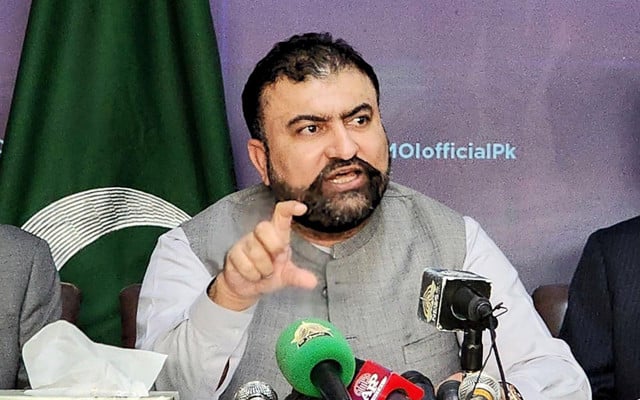Quetta Tensions Rise Amid Protests and Government Talks
The situation in Quetta remains volatile, with the BNP-M and the government engaged in a standoff, and the people of Balochistan bearing the brunt of the protests and strikes, as the region struggles to find a path towards peace and stability, with the government and the BNP-M needing to find a negotiated settlement to address the underlying issues and concerns.

Balochistan Chief Minister Mir Sarfraz Bugti met with Baloch nationalist leaders to discuss the ongoing protest by the Balochistan National Party (Mengal), which is demanding concessions from the government, with one of the demands already accepted, but the government's efforts to address the remaining demands have been met with a lack of cooperation from the BNP.
The meeting focused on finding a negotiated settlement to the ongoing protest, with Bugti stressing the need for joint efforts to achieve lasting peace in Balochistan. However, BNP-M chief Sardar Akhtar Mengal warned of a "major operation" by security forces against the party's protesters in Mastung, Balochistan, and urged party supporters to close all national highways in protest.
The BNP-M had announced plans to march towards Quetta on April 6, but the Balochistan government warned of legal action, stating that some elements were determined to hold the provincial Red Zone hostage. The situation escalated with a shutter-down strike observed in various cities, including Gwadar, Turbat, and Quetta, in response to a strike call given by the BNP-M as its sit-in at the Lakpass area of Mastung entered its 11th day.
The strike was called in protest against the arrests of Baloch Yakjehti Committee (BYC) leaders and activists, as well as the government's refusal to allow the BNP-M's long march to Quetta, with the government using tear gas and shelling to disperse the protesters, and warning the party's chief, Sardar Akhtar Mengal, that he would be arrested if the march entered Quetta, highlighting the need for a peaceful resolution to the ongoing tensions in the region.